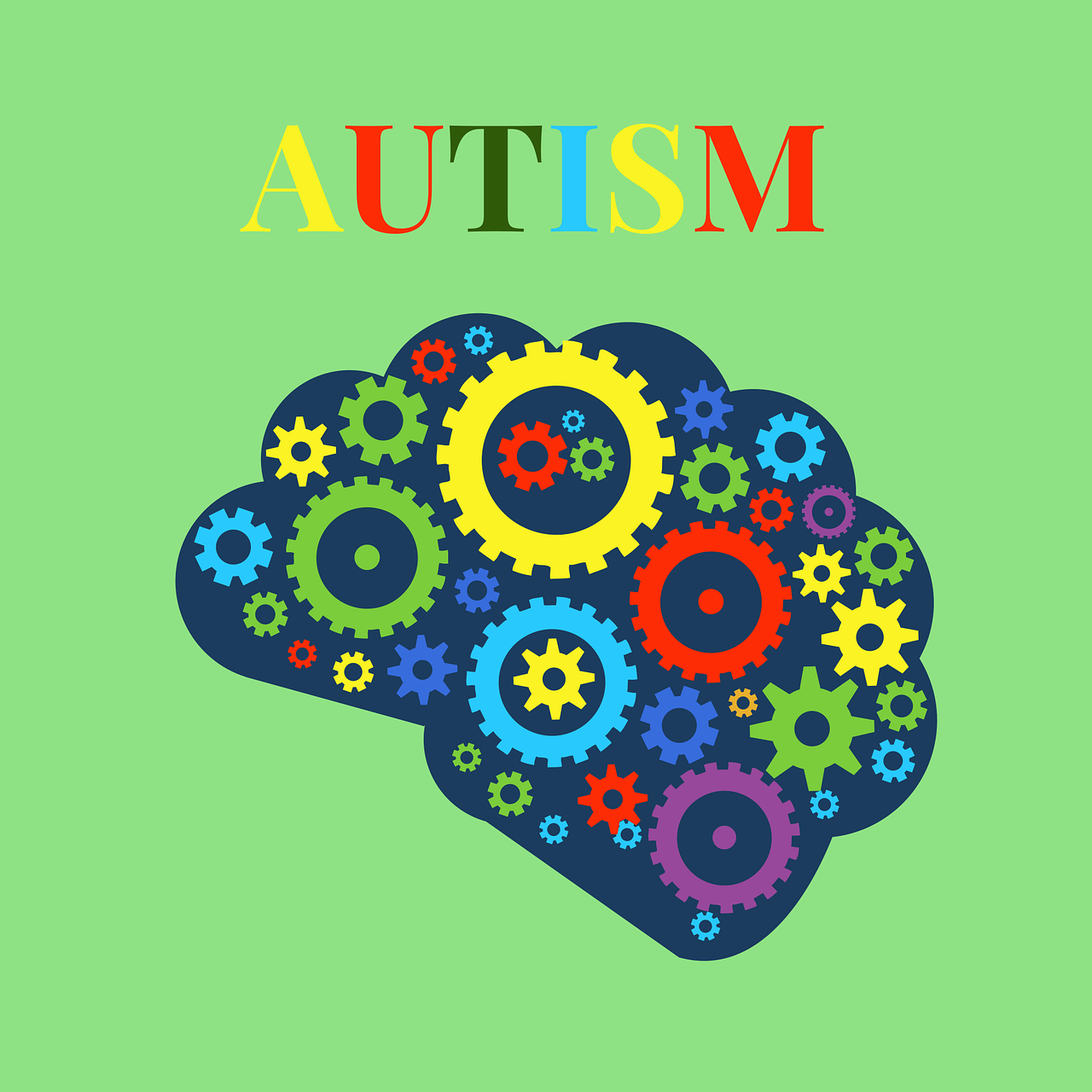Autism

What is autism?
Historically confused with mental illness and disability, autism is simply a cluster of cognitive differences that emerge as a person grows up that may make it more difficult for them to fit easily into our rigid society. Neurotypical people are characterised by fitting into the society into which they find themselves born, in a similar way that able-bodied people find there are no intrinsic obstacles placed in their way as they make their way around the urban environment. Society is designed around such people. As such, society impedes the lives of those who are in any way physically or cognitively different. According to the social model of disability, individuals are not disabled, rather it is the inflexibility of the way we live that disables them. As a result, autistic people often feel overwhelmed and stressed and at any one time 15% of them will suffer from a diagnosed anxiety disorder.
So, what is different about people who we describe as being “austistic”? Well, it’s complicated. You did expect me to say that, didn’t you? Life is rarely straightforward and neurodivergence is a wicked weave indeed. Autistic people have brains that are wired slightly differently to ‘neurotypical’ people. Autistic people, in particular, are neurodivergent individuals who score more highly than neurotypical people against one or more of five traits:
- Highly focused traits – some autistic people are deeply fascinated with specific topics, studying them in obsessive detail. This can make them formidable subject experts.
- Sensory sensitivity – some autistic people cannot tolerate bright lights, sounds, and smells. Unexpected touch might be painful, while the noise of a book returns alarm going off next to them can send them into shock, effectively wiping their short-term memory and leaving them disoriented, unsure where they are, etc. Still others might be hyposensitive to certain stimuli, such as touch, and need to wear heavy clothes at all times to satisfy their sensory needs. Many find that the typical indoor environment bombards their senses with an overload of sensory stimuli, causing them to become distressed or withdrawn. In autistic children, this often results in a breakdown that resembles a temper tantrum; in adults, withdrawal.
- Repetitive behaviours/routines – most people are creatures of habit but predictability is particularly important to many autistic people; unexpected disruption to routines causes them greater distress than the rest of us.
- Social communication – many autistic people find the subtle array of nonverbal cues most people use to communicate difficult to recognise and comprehend; they often talk in quite literal terms and find it difficult to grasp idioms, allusion and metaphor.
- Social interaction – a reduced ability to read nonverbal cues may make autistic people appear aloof or withdrawn, strange or rude, or domineering.
People who are autistic might encounter different types and severities of challenges in their daily lives associated with some or more of these traits, making autism a complex and varied condition. Some autistic people are nonverbal and find it almost impossible to function in society, while others are highly sociable and with a few minor adjustments are capable of living well.
Autistic people at work
Less than 16% of autistic adults are in any kind of paid employment, and those who are report great difficulties guaranteeing reasonable adjustments to make their working environment more comfortable for them, yet this does not need to be so. Autistic people can thrive when their environment is adapted to their individual needs. This is neither complicated nor expensive but does require their manager to sit down with them and ask them what they need to work comfortably, and often includes being given advanced notice about upcoming changes with the opportunity to answer questions, so they can get used to the idea of changes before they happen. In other words, it involves time, thought, consideration and forward planning on the part of busy managers.
Communicating with autistic people
If you suspect you are communicating with an autistic person. If they are having difficulty communicating with you, try being patient and slowing down; give them six seconds to process what you have said before saying something new, and if you are going to repeat something, repeat it using the same words, pacing, cadence and intonation as before. Direct repetition aids cognitive processing, whereas asking another question or rephrasing gives the person another cognitive task to do when they have not yet finished the first!
Is anything described here familiar?
Most neurodivergent people, including most autistic people, spend most, if not all, of their lives undiagnosed. Not that everyone wants to be diagnosed as being on the autistic spectrum. Being diagnosed can open up avenues for support but disclosure of any difference can invite prejudice. Still, many people find a diagnosis makes sense of their life experience and validates them as valuably different rather than simply ‘odd’. If you are wondering whether you might be on the autistic spectrum, read further using the links below.
Support is available
The library webpage Avoiding Busy Spaces offers guidance on making the best use of the services and facilities available to avoid crowded and noisy spaces when using the library and its services. If you feel you might benefit from additional support, please make an appointment to chat with someone in ASDAC, who will be able to advise on what support might be available. If you are experiencing anxiety, distress or any other unwanted feelings, including feelings brought on by reading this blog post, get in touch with the Student Wellbeing team.




Leave a Comment (note: all comments are moderated)